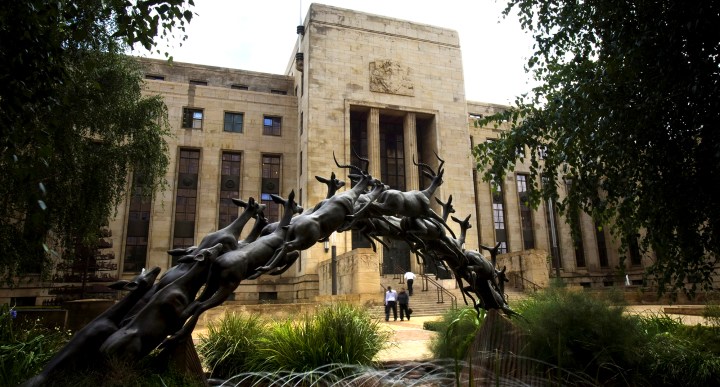BUSINESS MAVERICK
Anglo says its 2020 global tax/economic contribution is above $25bn

Global mining group Anglo American says its ‘total tax and economic contribution’ in 2020 amounted to more than $25bn. A lot of that is related to its procurement bill and capital investment — in other words, mostly operating costs. Still, it gives a sense of the scale of the mining sector’s contribution to the wider economy.
Anglo American’s earnings before interest, tax, depreciation and amortisation (EBITDA) amounted to $9.8-billion in 2020. The company has now published its seventh annual Tax and Economic Contribution Report, which shows that its wider economic footprint was 2.5 times larger than that.
The breakdown is as follows:
- Total taxes borne and collected — $5.3-billion.
- Wages and related payments — $3.6-billion.
- Corporate social investment — $0.1-billion.
- Total procurement — $12.6-billion.
- Capital Investment — $4.1-billion.
That brings the total to $25.7-billion, which is not exactly small change.
The bulk of this — $16.7-billion — was spent on procurement and capital investment. Companies constantly have to buy stuff to keep going and invest in operations that are anticipated to produce future profits. So a cynic might ask why this is included.
But there are ripple or multiplier effects from such expenditure. A number of studies have found a positive relationship between the mining industry and wider job creation and economic growth. A couple of examples can be found here and here.
The mining sector is supported by a huge range of industries, from catering services to feed the workforce to manufacturers of heavy equipment and trucks, to hi-tech engineering and lab services — to name a few.
In South Africa, where the company employs almost 46,000 people, Anglo paid $1.62-billion in wages and other benefits last year, $1.64-billion in taxes and more than $3.1-billion on “in-country procurement”.
At current exchange rates, that is about R92.5-billion.
And the “in-country procurement” is clearly important for the local economy and dovetails with the government’s drive to “buy local”.
Indeed, the Mining Charter has explicit local content targets, some of which are difficult to meet because the stuff is simply not made here, and the department of trade and industry cannot regulate such manufacturers out of thin air.
Publishing such numbers provides a wider lens on the industry and provides journalists, researchers and stakeholders with material to dig deeper into the industry’s wider impacts — for better or worse. That is no bad thing. BM/DM



















 Become an Insider
Become an Insider
Comments - Please login in order to comment.